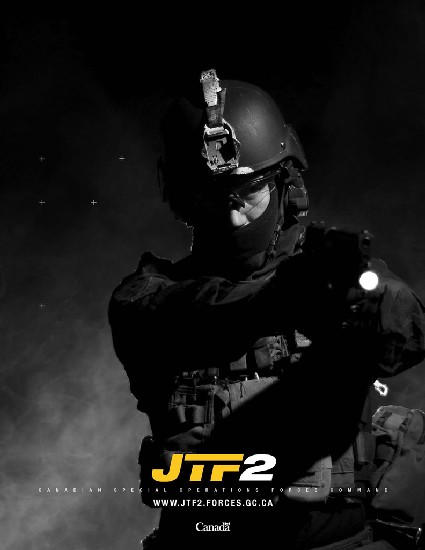By: The National Bacon
Whever an accident claims a human life it is an undeniable tragedy; however when that death involves a firearm it has the potential to become a national (even international) event. The recent
death of Arazona shooting instructor Charles Vaca due to the handling of an Uzi by an unidentified 9 year old girl he was instructing has resulted in a rising of debate of the handling of firearms by children and has fueled the continued debate of firearms ownership in Canada.
While shooting related accidents are quite normally picked up by media outlets, the fact that this incident involved a child has caused considerable more sensation and has been grasped upon by both anti and pro-firearm political factions. A recent
story from the CBC about Justice Minister Peter MacKay wearing a pro-firearms advocacy t-shirt was met with commentary postings claiming that Canada is in danger of such accidents as that which resulted in Vaca's death and that Canadian firearms advocates cannot wait to introduce automatic weapons like the Uzi for legal ownership and then place them into the hands of children. Such claims are highly dubious and play upon generating irrational fears that firearms ownership will necessarily result in rampant shootings and reduces Canadian firearms owners and advocates to the level of Hollywoodized
clichés who not only desire to own the most powerful of automatic weapons but be able to carry them at all times. This of course defies thoughtful reason and ignores the fact that the majority of Canadian firearms owners abide the law, follow safe practices when it comes to firearms ownership, and advocate for safe firearms use; you will not find people more eager to admonish a unsafe shooter than at any Canadian shooting club facility.
 |
| A child shooter using a semi-automatic .22 cal rifle at a shooting range. |
It may be shocking to some people that children under 18 years of age are involved, and have been involved for generations, in sport shooting and hunting in Canada. Some may also be shocked to learn that Canadian law also requires such shooters to be supervised by a licenced adult and that Canadian shooting clubs require children to complete a safety course before shooting. In the wake of stories about Vaca's death the
CBC also produced a video report about the legality of children shooting firearms in Canada. The report was mostly an overview of the law when it comes to Canadian children using firearms, however a possible negative undertone could be interpreted from some of the comments and images shown in the footage. Unfortunately where there is fear there is sensationalism, and where there is sensationalism there is news.
The fact that the incident which claimed Vaca's life involved a female may also be the cause of further sensation; the traditional narrative of many news media and anti-gun advocacy groups primarily being that women are the victims of firearms, not the users of firearms. This could not be further from the truth however, as women are currently the most actively growing sport shooter and hunting demographic in North America. There still remains an active bias however; women and especially young women and firearms are not a natural mix. Such taboos do not seem to be deterring many Canadian women from shooting however;
the number of Canadian women enjoying hunting and other shooting sports is on the rise.
The overwhelming majority of Canadian firearms owners, hunters, and sport shooters would not advocate for the use of firearms by children without significant training and adult supervision. The same majority would also likely agree that allowing a child to handle a firearm like an Uzi is not the most sound of ideas. We must also remember that automatic weapons such as the Uzi are prohibited in Canada and such firearms are owned only be a shrinking number of people who were 'grandfathered' through a prohibited licence, which is provided for under
The Firearms Act. Because of Canadian firearms laws children will not have access to the firing of an Uzi. The majority of sports, be they football, hockey, swimming, ATV driving, or shooting, have the potential to result in injury or death. Proper instruction, training, and supervision however mitigate these risks (but will not totally eliminate them.) Shooting accidents are rare (accidents involving children and Uzis are almost unheard of) and we should not let a tragic event result in irrational fear mongering and the condemnation of all law abiding Canadian firearms owners.
For statistics on accident related Canadian firearms fatalities go to:
http://www.justice.gc.ca/eng/rp-pr/csj-sjc/jsp-sjp/wd98_4-dt98_4/p6.html
For a well written op-ed by Professor Gary Mauser on long gun safety and criminal activity go to:
http://fullcomment.nationalpost.com/2012/12/11/gary-mauser-why-the-long-gun-registry-doesnt-work-and-never-did/

















